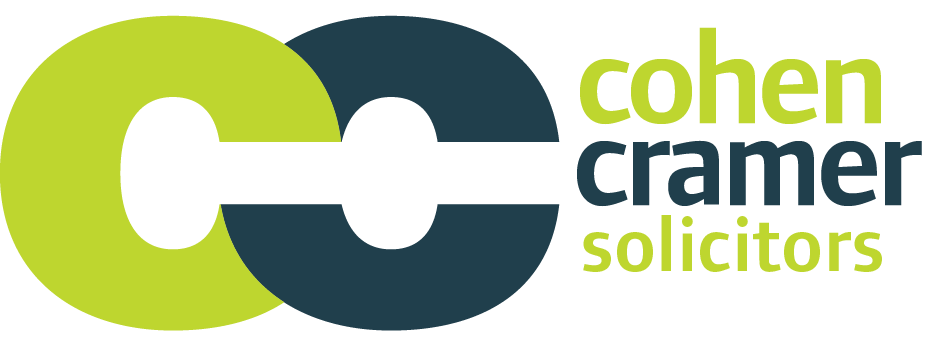The recent case of ParkingEye v Beavis just goes to show that it can take a lot of time and a lot of money just to be proved wrong. Mike McDonnell of Cohen Cramer Solicitors tells it like it is.
This recent Supreme Court decision relates to the imposition of a fine on a driver who left his vehicle for longer than the two hour free limit in a car park in Chelmsford. The car park was owned by British Airways Pension Fund and managed by ParkingEye Limited.
Clearly displayed throughout the car park were signs which stated “ParkingEye Car Park Management – 2 hour maximum stay – Failure to comply will result in parking charge of £85”.
Mr Beavis having parked his car, overstayed the two hour limit by nearly an hour and accordingly ParkingEye issued a fine against him.
Despite chasing him on several occasions, Mr Beavis ignored all requests for payment and eventually Court proceedings were issued.
The Judge hearing the matter decided that a contract was formed between the motorist and the car park operator when he entered the car park. The terms of the contract were clearly displayed on the notices within the car park. On that basis one would think that Mr Beavis would be liable for the parking charge of £85.
Considering the matter the Judge accepted that ParkingEye had not suffered any identifiable financial loss when a motorist overstayed. If the motorist had left when he should have then the space would have been either empty or filled by another vehicle using it for a two hours of free parking.
Despite this the Judge still felt that the fine was neither improper nor manifestly excessive and was commercially justifiable. The Judge found in favour of ParkingEye.
The matter then went to the Court of Appeal who supported the original decision as they did not regard the fine as being ‘extravagant or unconscionable’.
While it may seem like using a sledgehammer to crack a nut the matter proceeded to the Supreme Court who ultimately found the parking charge levied by ParkingEye was neither unfair nor penal and that ParkingEye had a legitimate interest in seeking such payment from motorists who exceeded the two hour limit. The Court also agreed with the earlier comments offered in the initial hearing and in the Court of Appeal that the sum of £85 was neither ‘extravagant nor unconscionable’.
The moral is if there is a sign saying parking restricted to two hours do not stay any longer than two hours.
